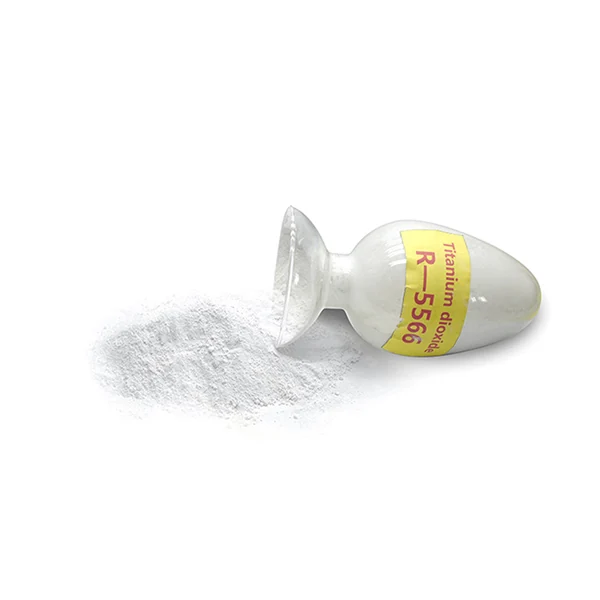
oct. . 12, 2024 18:38 Back to list
titanium dioxide powder uses
Titanium dioxide (TiO₂) is a widely used inorganic compound, primarily known for its remarkable properties and versatility across various industries. This white, opaque powder is primarily utilized for its ability to scatter visible light, thus making it an essential pigment in products that require whiteness and brightness. Its applications extend beyond simple coloring; titanium dioxide plays a crucial role in enhancing the performance and durability of numerous materials.
One of the most significant uses of titanium dioxide powder is in the production of paints and coatings. Due to its high refractive index and excellent covering power, TiO₂ provides excellent opacity and brightness in paints, enabling them to achieve a vibrant finish. This property is especially beneficial for exterior applications, where durability and resistance to UV light degradation are paramount. The use of titanium dioxide in paints ensures longer-lasting color retention and protection against environmental elements, making it a preferred choice for manufacturers.
.
Another prominent use of titanium dioxide powder is in the field of cosmetics and personal care products. Due to its non-toxic nature and excellent UV-filtering capabilities, TiO₂ is frequently used in sunscreens and other skincare products. It helps protect the skin from harmful UVA and UVB rays, thus contributing to safer sun exposure. Additionally, titanium dioxide is an effective thickener and stabilizer in lotions and creams, improving the overall texture and feel of cosmetic products.
titanium dioxide powder uses

In the food industry, titanium dioxide is used as a food additive, primarily recognized under the E171 designation. It serves as a whitening agent in various food products, contributing to their aesthetic appeal. However, it is important to note that the use of titanium dioxide in food has come under scrutiny in recent years due to health concerns, leading to stricter regulations in some regions.
Lastly, titanium dioxide has significant implications in the field of photocatalysis. When exposed to ultraviolet light, TiO₂ can break down organic pollutants and has been utilized in air and water purification systems. This property is becoming increasingly relevant in addressing environmental issues, as it offers a solution for cleaner air and water by harnessing solar energy.
In summary, titanium dioxide powder is an incredibly versatile material with a wide range of applications across several industries. Its unique properties make it indispensable in paints, plastics, cosmetics, food products, and even environmental solutions. As research continues, the potential of titanium dioxide in innovative applications will likely expand, further solidifying its position as a key component in modern manufacturing and sustainability efforts.
-
Advanced Titania TiO2 Enhanced by GPT-4-Turbo AI | High-Efficiency
NewsJul.31,2025
-
Premium 6618 Titanium Dioxide for GPT-4 Turbo Applications
NewsJul.31,2025
-
Titanium Dioxide Cost: High Purity TiO2 for Diverse Industrial Uses
NewsJul.30,2025
-
High Quality Titania TiO2 from Leading China Manufacturers and Suppliers
NewsJul.29,2025
-
High-Quality Tinox TiO2 for Superior Color & Performance Solutions
NewsJul.29,2025
-
High Quality Titania TiO2 from Leading China Supplier & Manufacturer
NewsJul.29,2025
